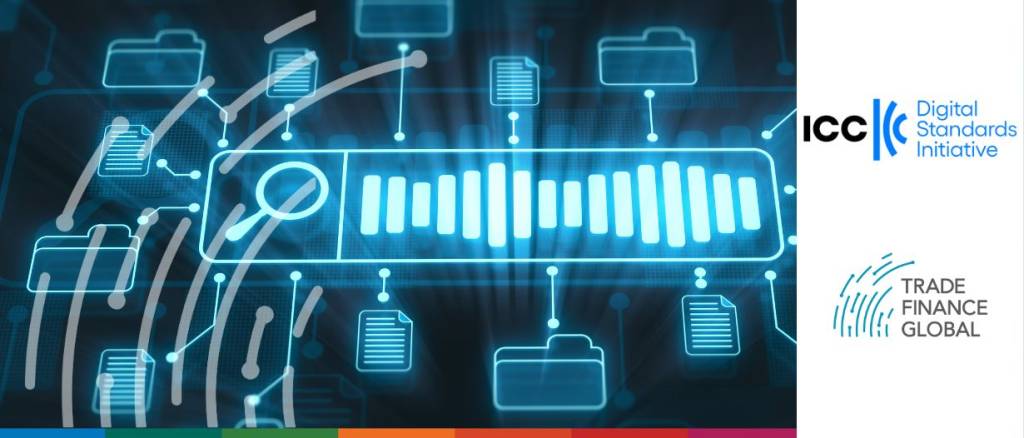The overreaching arc of sanctions regulations is threatening the certainty of payments guaranteed by the smooth functioning of letters of credit (LC) in international trade. This tension recently played out in the Singapore courts in a judgment handed down recently (Kuvera Resources Pte Ltd v JPMorgan Chase Bank, N.A. [2023] SGCA 28).
The ISO 20022 format is a set of data and messaging that is integrated into an instant payment or any other cross-border transaction.
In the vibrant setting of FCI’s 55th annual meeting in Marrakesh, Deepesh Patel, editor at Trade Finance Global, engages in a revealing conversation with Richard Wulff, the executive director at ICISA, shedding light on the intricacies of credit risk insurance and the current challenges faced by the industry.
Trade Finance Global (TFG) was at the heart of these conversations, offering a unique and insightful perspective on the future of trade finance. After some time to reflect, here are our top takeaways from the jam-packed conference.
Today, the ICC DSI released their 2023 Key Trade Documents and Data Elements (KTDDE) report. The report outlines 14 key trade documents, going into depth on the definitions, purpose, and legal frameworks.
Today, the International Chamber of Commerce (ICC) United Kingdom launched a Sustainability Toolkit, designed to guide businesses in embedding sustainable practices within their global value chains.
Trade volumes and macroeconomic context of 2022 and the ICC Trade Finance Register for 2023 reveal a nuanced interplay of growth and deceleration. In 2022, international goods trade flows reached $23.8 trillion, marking a 10.7% increase from the previous year.
The ICC’s Trade Finance Register has been released, reporting a small increase in default rates across documentary trade and open account products, whilst highlighting still, the low-risk nature of the asset class.
Correspondent banking has played a central role in the global payments system for ages. Yet, the traditional correspondent model has been ailing for the past 20+ years.
Thanks to the expansion of the financial dataset available, which is no longer only related to payments, we are witnessing the evolution of open banking towards open finance, a model in which authorised third-party providers have access to information provided by banks, subject to prior customers’ consent.
























